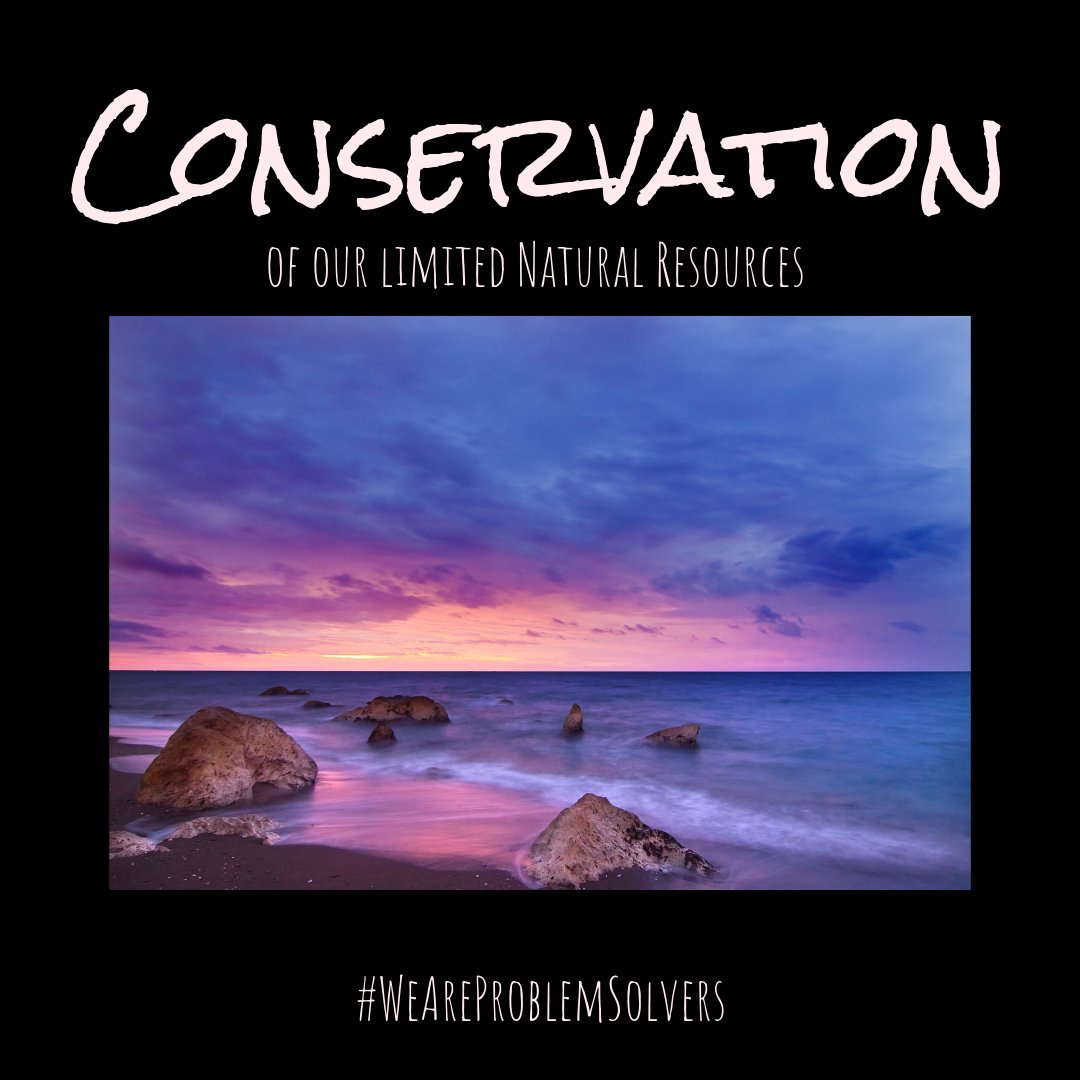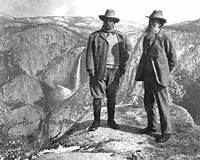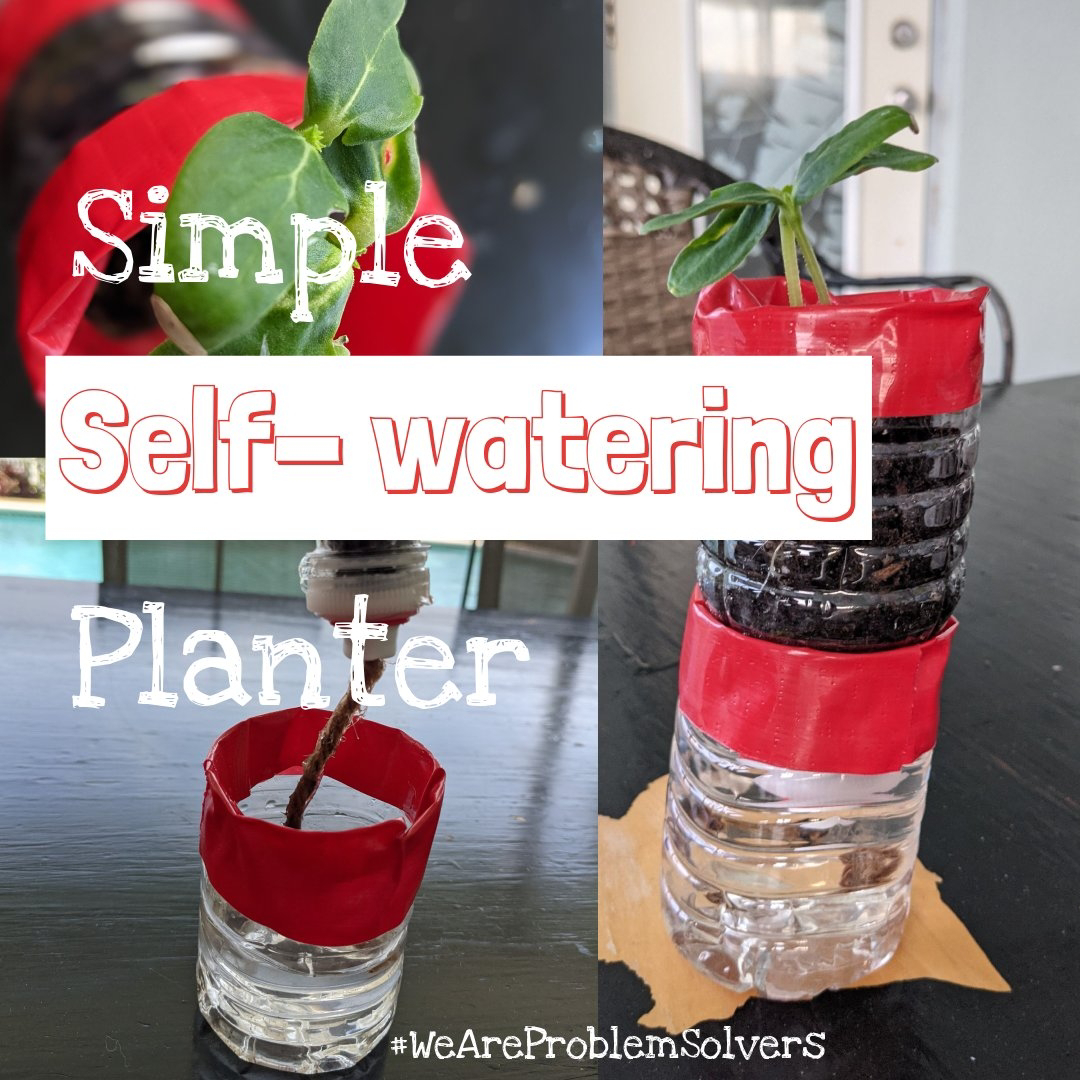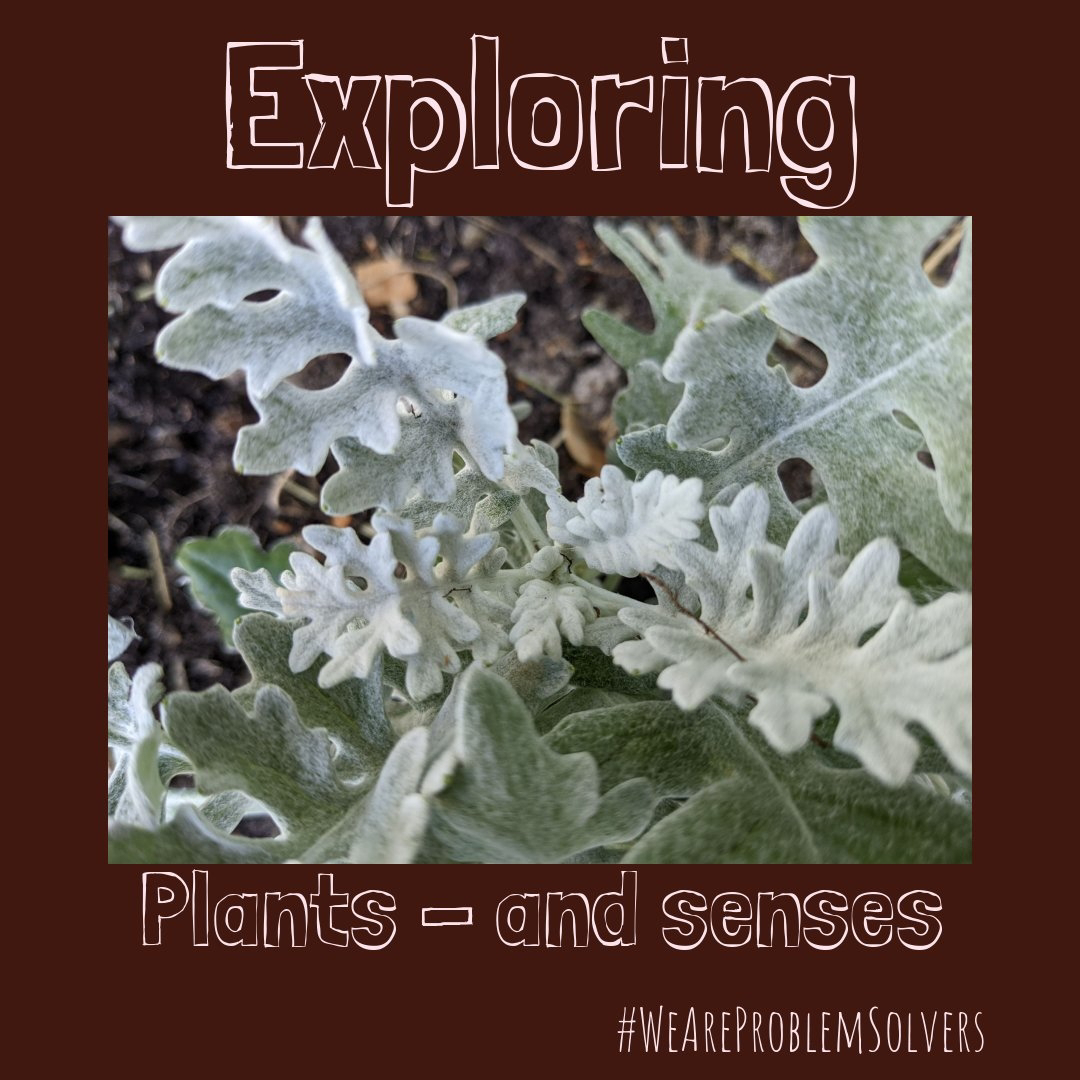Conservationist
Let's talk about conserving our limited Natural Resources.
The other day my father described me as a conservationist! I paused because I hadn't thought of myself in that light recently. A scientist? Yes! And few other labels, too: Trekkie, botanist, mother, aunt, friend. But over the years I learned that if Daddy gives me a label that he thinks fits, he's probably right. So it made me think, who are conservationists and why does my dad see me among their ranks?
What is a Conservationist?
It's someone who actively conserves biodiversity and lives with sustainability as a core focus. It's someone who chooses to live with less today so they can conserve our natural resources for future generations. This person also educates about endangered species and advocates for conservation.
Oh. Yes. I fit that description.
My Background
I started my botanical education with a focus on conservation. I mapped populations of native plants and helped farmers with their conservation efforts. I was offered a job in CA as a field botanist for the summer between undergrad and grad school but turned it down because my mom had just been diagnosed with stage 4 cancer and she asked me to stay closer to her during her fight. I deferred grad school a semester as well.
In 2009 I was recruited into spaceflight research at a school with a traditional botanical focus alongside the spaceflight research. I worked in the herbarium and also the advanced microscopy facility, and sent my seeds to space where they grew on the Shuttle...
When I proposed to do my postdoc I was focused entirely on bridging space and Earth. Since 2019 I have been working very hard to bring the advancements that NASA has made in sustainable crop production to agriculture on Earth, in collaboration with scientists at the USDA and DOE.
I have maintained my knowledge in traditional medicinal plants / ethnobotany and have been building connections to have heirloom native crops and medicinal plants grown more in space. Supporting the Native Earth Native Sky program was a highlight for me because I was able to finally formalize the efforts to have native seeds that spent time in space grown in classrooms.
I am not only interested in space to help humanity bring the plants we have evolved beside with us when we go to the stars. I am fully dedicated to improving things here on Earth. I have been treating my conservation efforts as a hobby due to lack of funding for decades now. There are very few jobs in that, and always have been.
I was told many more times than I can count that Botany is a dying field. That I should choose something else. I am glad that I did not listen and instead chose to continue on this path. I will continue making a difference however I can.
A Father's Role
I am a conservationist. Yes. That's the right term. And by taking me camping and cycling outdoors, by teaching me the names and utility of plants at a young age, my father raised me to be one!
Notable Conservationists
Dr. Jane Goodall
John Muir
Aldo Leopold
Have you read the book A Sand County Almanac by Aldo Leopold? It is one of my favorite books. I love the simplicity of watching nature that his book encourages.
Yet in today's America this conservation mentality isn't mainstream.
A Culture of Excess
I went shopping in a store this morning for just a few things that I had on my list. I looked around at all of the waste. Things that didn't sell and are now marked down, seasonal items that make no sense, items that will easily break, shoes that no one will wear.
I was blown away by the inexpensive prices of the over abundant items. I wondered if perhaps people made less they would be worth more, and wouldn't that be a good thing overall? Enough is better than excess.
And yet the consumer expects to walk into a store and see abundance. They scoff at half-filled shelves and they complain loudly about shortages and substitutions with nearly identical products.
The inefficiencies of our supply chain are becoming increasingly apparent.
I don't understand why this doesn't bother more people. Maybe it does and they simply aren't speaking up. They find what they need and they move on with their lives, hoping for change. Purchasing small and staying humble.
Conservation at Home
It's not difficult to take the conservation mentality home. Here are 5 simple steps:
1) We reduce, reuse, and recycle.
2) We share and thrift our clothing when we grow out of them.
3) We are mindful about our purchases, choosing used over new when available.
4) We chose to keep rabbits over other pets because we can engage in regenerative agriculture by using our pet rabbits' litter on our vegetable garden.
5) We compost paper goods and food scraps.
Here is a photo of two house rabbits resting comfortably in their pen.
Here is an easy recycling electronic recycling sorting game for kids:
Want some ideas for repurposing old clothing? Here's a blog post from a friend to check out. https://wondermamas.com/5-ways-to-repurpose-old-clothes/
Learn more about regenerative agriculture here: https://sustainableamerica.org/blog/what-is-regenerative-agriculture/
Learn more about composting - with children - here:
Kindrid Spirits
Every now and again I run into someone who "gets me". I am honestly surrounded by them at work. NASA cares a lot about sustainability. Here's a link to the agency's sustainability action plan:
My friend Danielle Alvarado of Sustainably Kind Living recently shared a relevant quote on her Facebook page (here's a link)
"It cannot be right to manufacture billions of objects that are used for a matter of minutes, and then are with us for centuries." - Roz Savage
Roz Savage was the first woman who rowed across an ocean. She is a fierce advocate for our oceans. She is currently a lecturer at Yale. Check out her website. https://www.rozsavage.com/
Do you have a favorite conservationist?
Share about them in the comments!








Comments
Post a Comment